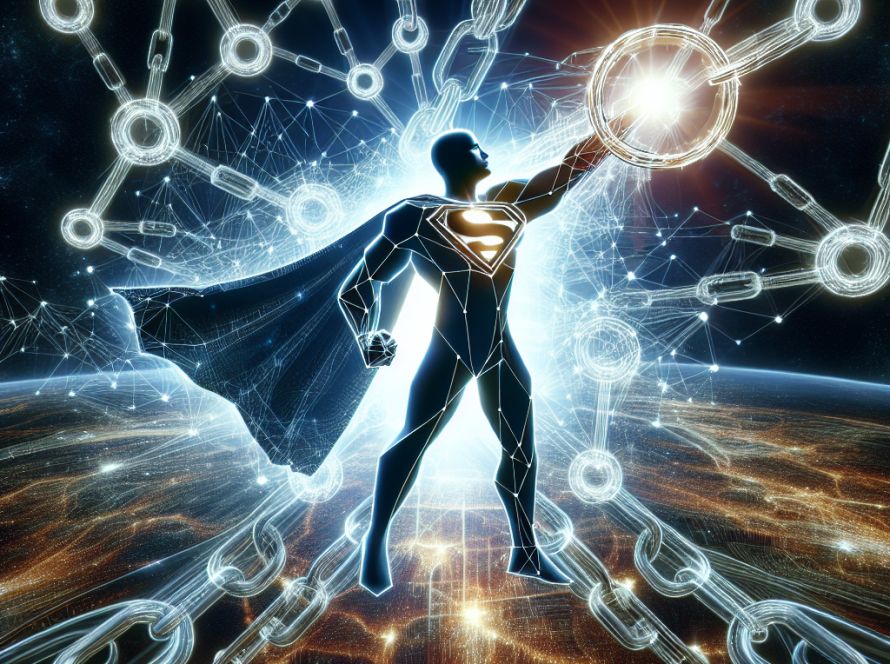Japanese comics, known as Manga, have gained worldwide admiration for their intricate plots and unique artistic style. However, a critical segment of potential readers remains largely underserved: individuals with visual impairments, who often cannot engage with the stories, characters, and worlds created by Manga artists due to their visual-centric nature. Current solutions primarily rely on labor-intensive manual transcriptions or audio descriptions, which do not scale effectively.
A research team at the University of Oxford has developed an innovative tool named Magi to make Manga accessible to visually impaired readers. At its essence, Magi uses an intelligent model to navigate through Manga pages. It identifies and understands components like panels, characters, and text blocks. A unique feature of Magi is its capability to recognize and group characters, distinguishing them based on their identities throughout the narrative. It also adeptly associates dialogues with their respective speakers, thereby honoring the narrative’s integrity. It further organizes text boxes to reflect the correct sequence, ensuring the coherence of the story’s delivery.
Through meticulous testing, Magi demonstrated superior abilities in character detection, clustering, and associating dialogues with the correct speakers, outperforming current methods. This tool offers the potential to transform Manga reading into an inclusive activity that individuals with visual impairments can enjoy.
This development signifies a considerable advancement in accessibility technologies. By employing advanced algorithms and machine learning, Magi gives visually impaired individuals a chance to explore Manga’s previously inaccessible world. The implications of this innovation go beyond Manga and could set a precedent for using technology to make entertainment universally accessible.
In conclusion, Magi’s development paves the way for more inclusive access to cultural and entertainment content, highlighting the potential of artificial intelligence in improving accessibility. This tool encourages researchers to push the boundaries of technology in the quest to render no form of entertainment inaccessible due to physical limitations. As technology evolves, there is hope that it will open more doors, enabling everyone to explore entertainment and culture’s breadth and depth, regardless of any physical constraints.
The development of Magi from concept to implementation illuminates the path towards a world where the joy of stories is boundless. The credit for this remarkable research goes entirely to the researcher team of this project. The Paper and Github detailing this research work can be found online for those interested in learning more.


